Every four to six months, 32-year-old freelance graphic designer Salvita Rozario shuts her laptop in Delhi and takes off — not for adventure, but to move slower than the city allows. “When you freelance, time can feel elastic,” she says. “Slow travel helps me stretch it with intention.”
Her first real experiment with this was Jaipur in 2022. She stayed for two weeks with a college friend in Civil Lines — cycling to cafés like Curious Life and Tapri Tea House, sketching the peeling façades along MI Road, and wandering through Johri Bazaar on languid afternoons. “Jaipur taught me that slowing down doesn’t mean being idle,” she says. “It means noticing the textures of a place.”
At Aramness Gir in Gujarat, where she spent four days in late November last year, she learnt stillness. Mornings began with soft safaris through dew-drenched scrub; afternoons were for reading by the pool. Evenings ended with a sattvic thali beneath the stars — simple millets, leafy greens and buttermilk — eaten in silence under lantern light, phones left behind in the room. “That quiet was uncomfortable at first,” she admits, “but it’s the kind that rearranges your thoughts.”
Her most recent pause was at The Postcard Mandalay Hall in Fort Kochi in March. Days slipped by easily — sketching at Qissa Café, watching the fishermen at the Chinese nets before dusk, and catching Kathakali rehearsals at Greenix Village. “It’s the in-between moments I travel for,” she smiles. “Slow travel doesn’t change your life overnight — it seeps in, quietly, like tidewater.”
The slow life
Salvita is not alone. Many millennials and Gen Z travellers now value presence over itineraries, preferring to feel a place rather than conquer it. “You shouldn’t come back from a holiday exhausted,” she says.
It is this shift that platforms like Mumbai-based travel company TealFeel are tapping into. Founded in 2023 as an offshoot of TravelK (established in 2018 by Karen Mulla, Karl Vazifdar and Mallika Sheth), TealFeel curates journeys that prioritise depth over distance — from community-run lodges to artist residencies and nature retreats. The brand encourages travellers to linger, interact with local communities, and travel with a lighter footprint.
The sitting area just outside the dining space
| Photo Credit:
Special arrangement
Unlike typical booking sites, TealFeel focuses on intentional discovery: unhurried itineraries, slow meals, heritage stays and creative exchanges. “The idea is to turn travel into restoration rather than consumption,” says co-founder Mallika Sheth. “People may not use the term slow travel, but that’s what they want — fewer stops, more meaning, and the freedom to simply breathe.”
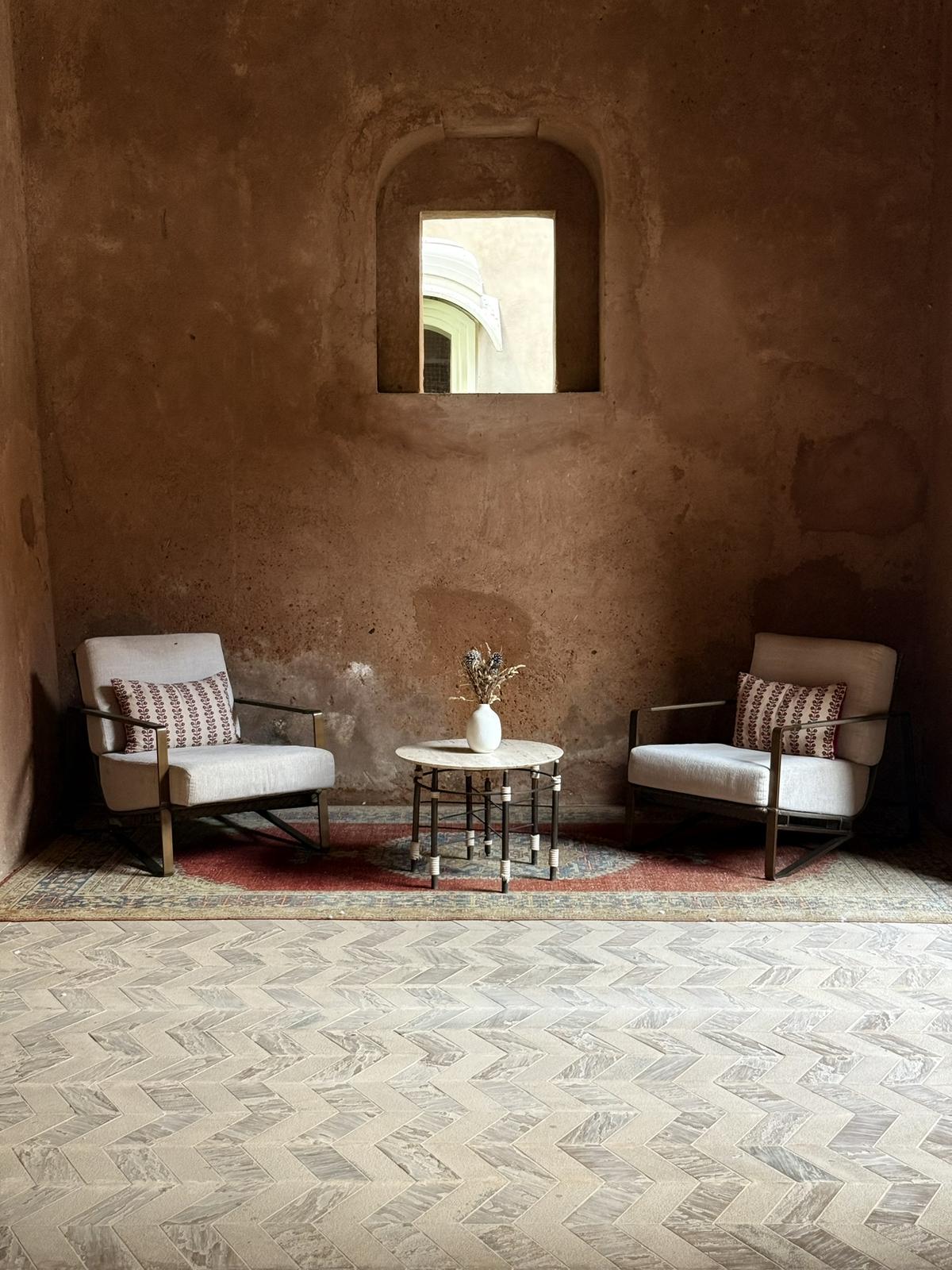
Quite corner inside Fort Barwara
Mallika explains that TealFeel now guides clients to spread things out and avoid crowds. “We recently planned a six-day trip to Bali for a family celebrating a friend’s 50th. We told them — just do two places. Enjoy the property, take a cycling tour, go for a river cruise, explore nature, eat well. That’s all you need.”
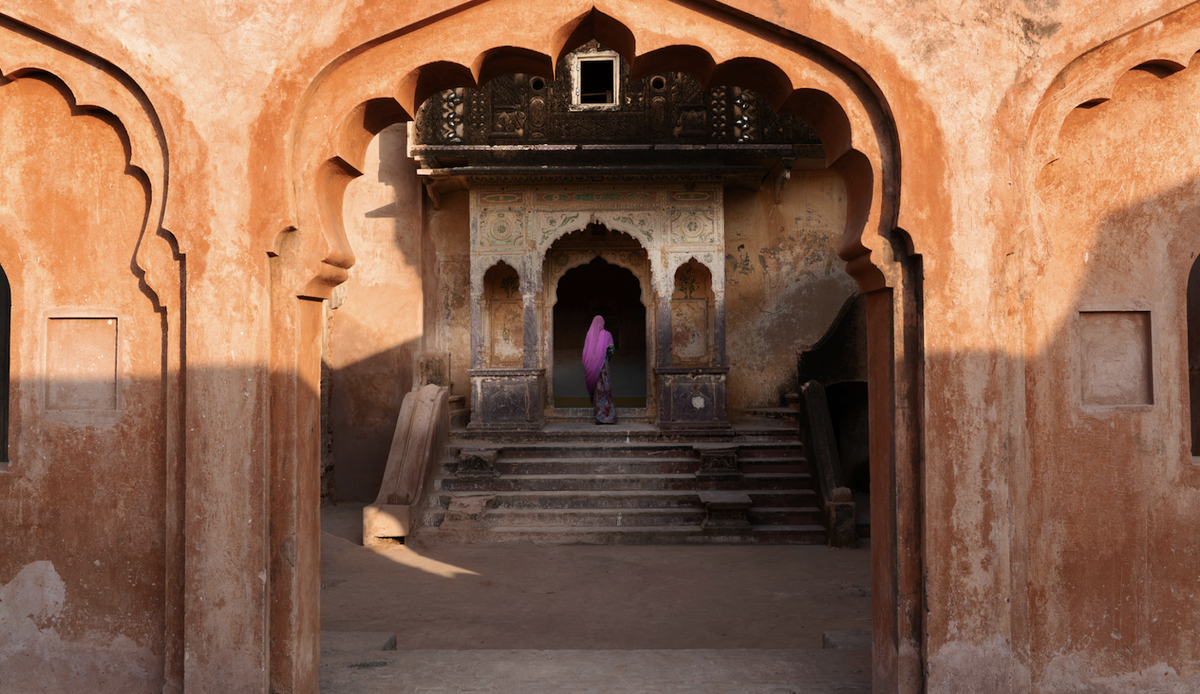
In India, TealFeel’s itineraries often include visits to craft clusters and local markets — pottery in Rajasthan, block-printing workshops, or textile trails in Tamil Nadu. “The feedback is always amazement — people say, ‘I didn’t know it was done like this!’ We even have a group of women from South Mumbai who travel purely for fabric trails. They’ve been to Chettinad multiple times, meeting weavers and exploring looms. Experiences like these connect travellers to India in the most genuine way.”
The road to discovery
In August, TealFeel crafted a slow-travel itinerary for me to Six Senses Fort Barwara, near Sawāi Mādhopur in eastern Rajasthan. It was not a trip packed with activities, it was designed to make me pause.
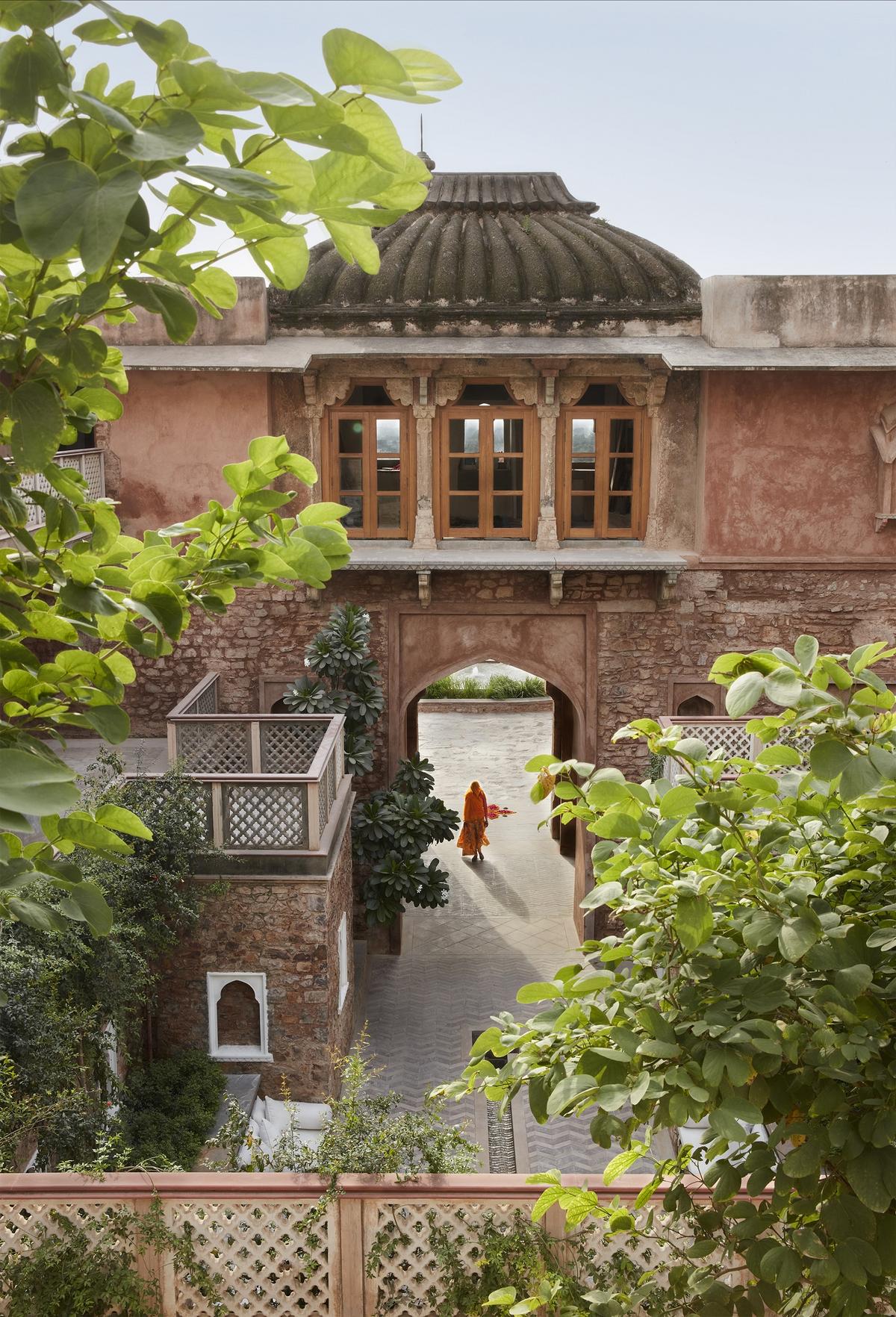
Housed within a restored 14th-century fort, Six Senses Fort Barwara is steeped in the quiet rhythms of the region. Around 85 percent of its ingredients are sourced locally, within a 50-kilometre radius — from farms that grow hardy desert produce such as kair (wild berries), sangri (bean pods) and kachri (wild melon), to nearby gardens filled with root vegetables, edible flowers and herbs in winter. Meals are cooked the old way — over gentle flames in clay and copper vessels — and eaten slowly, sometimes outdoors, where the scent of woodsmoke mingles with turmeric and ghee.
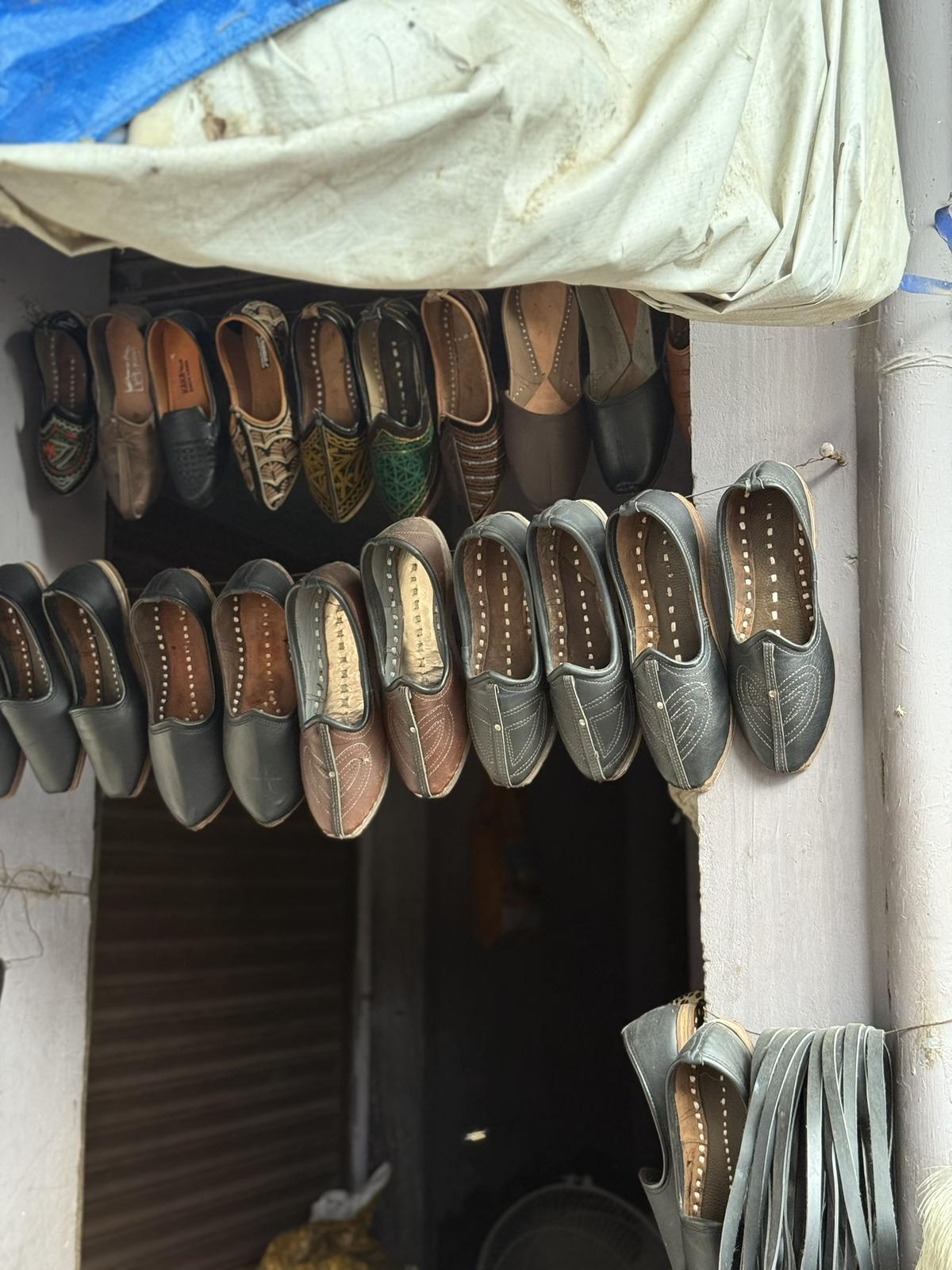
The leather shoe shop
But what I learned went beyond food. Six Senses operates under a global sustainability mandate, embedded through its Earth Lab programme and Sustainability Fund, which reinvests in conservation and community projects at each property. Fort Barwara’s restoration drew on traditional Rajasthani craftsmanship and introduced solar energy and rain-water harvesting systems to sustain the surrounding Barwara village.
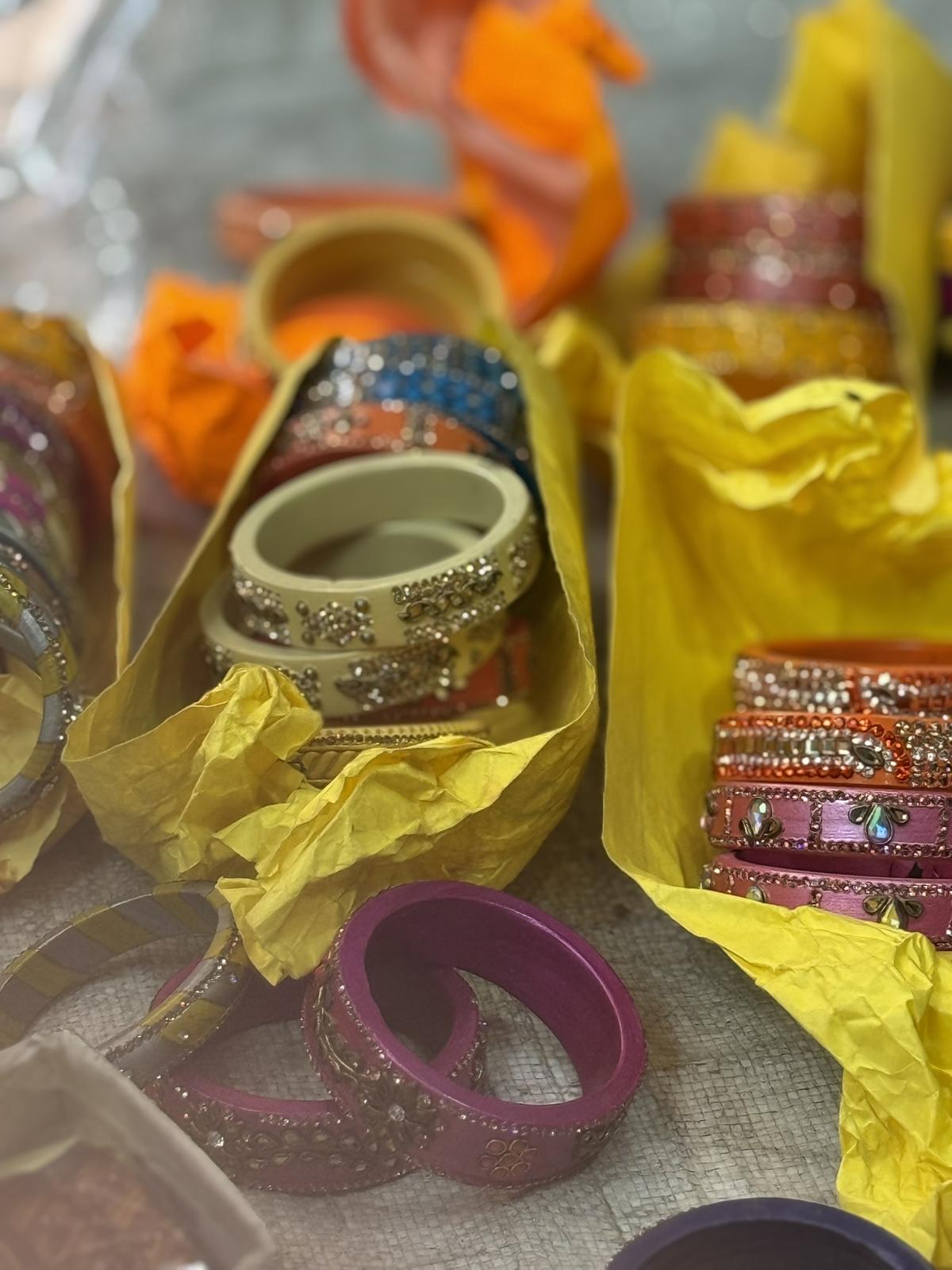
The lac bangles
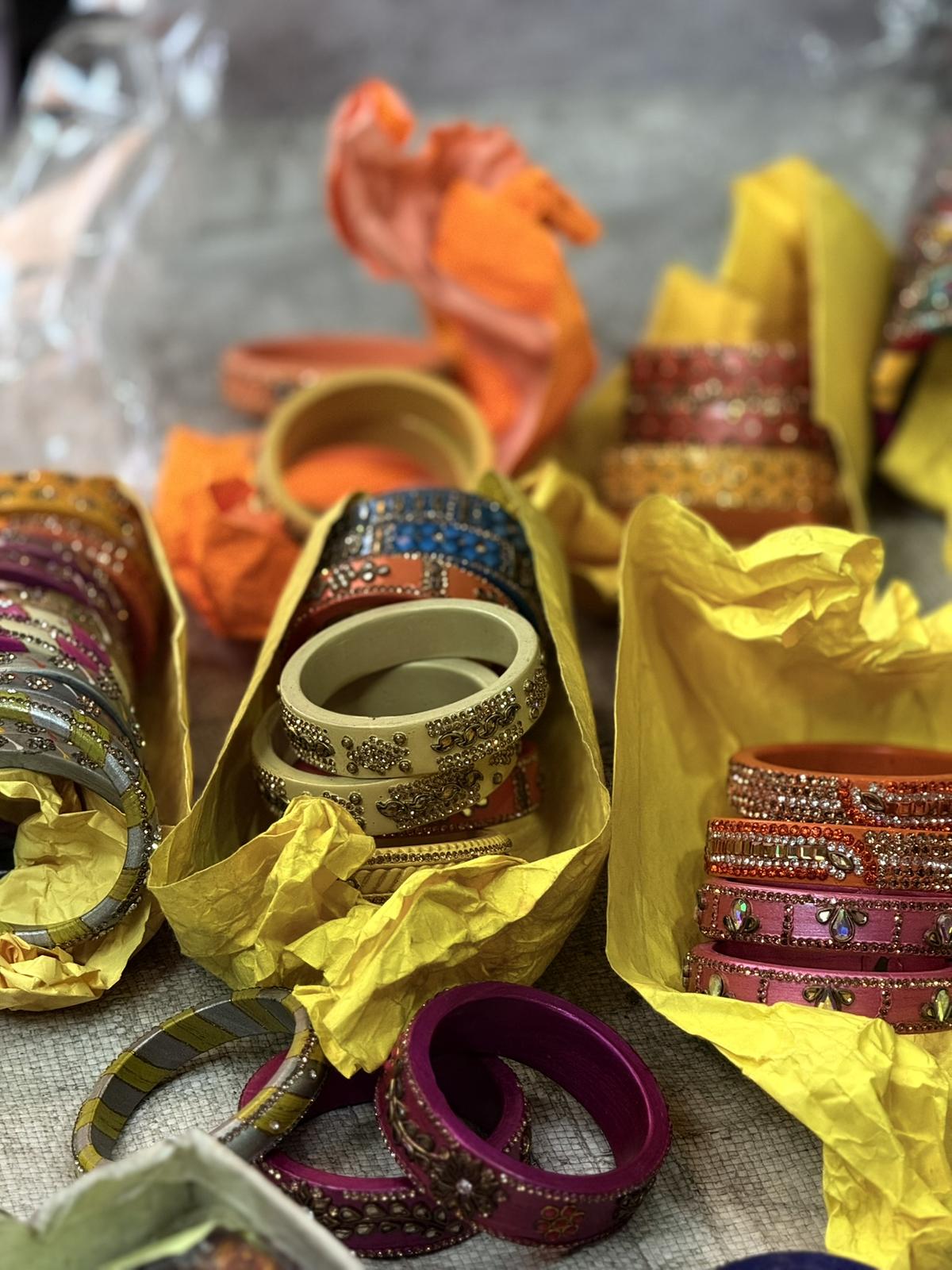
The lac bangles
“Many of the staff are not originally from Rajasthan but are encouraged to learn about the land, its ecology and its crafts. When they lead guests on walks through the village, the connection feels lived-in,” Mallika informs me. One afternoon, a guide pointed out a century-old tannery still making hand-tooled leather shoes; another day we watched artisans fashion lac bangles, their hands moving with the practised grace of generations. These visits were not about voyeurism — they were quiet exchanges of knowledge and respect.
Rather than pushing safaris to Ranthambhore or packing the day with activities, I was urged to slow down — to wander the fort’s courtyards, linger in its garden, and return often to stillness. Even the village excursions were kept short, so that curiosity never tipped into intrusion.
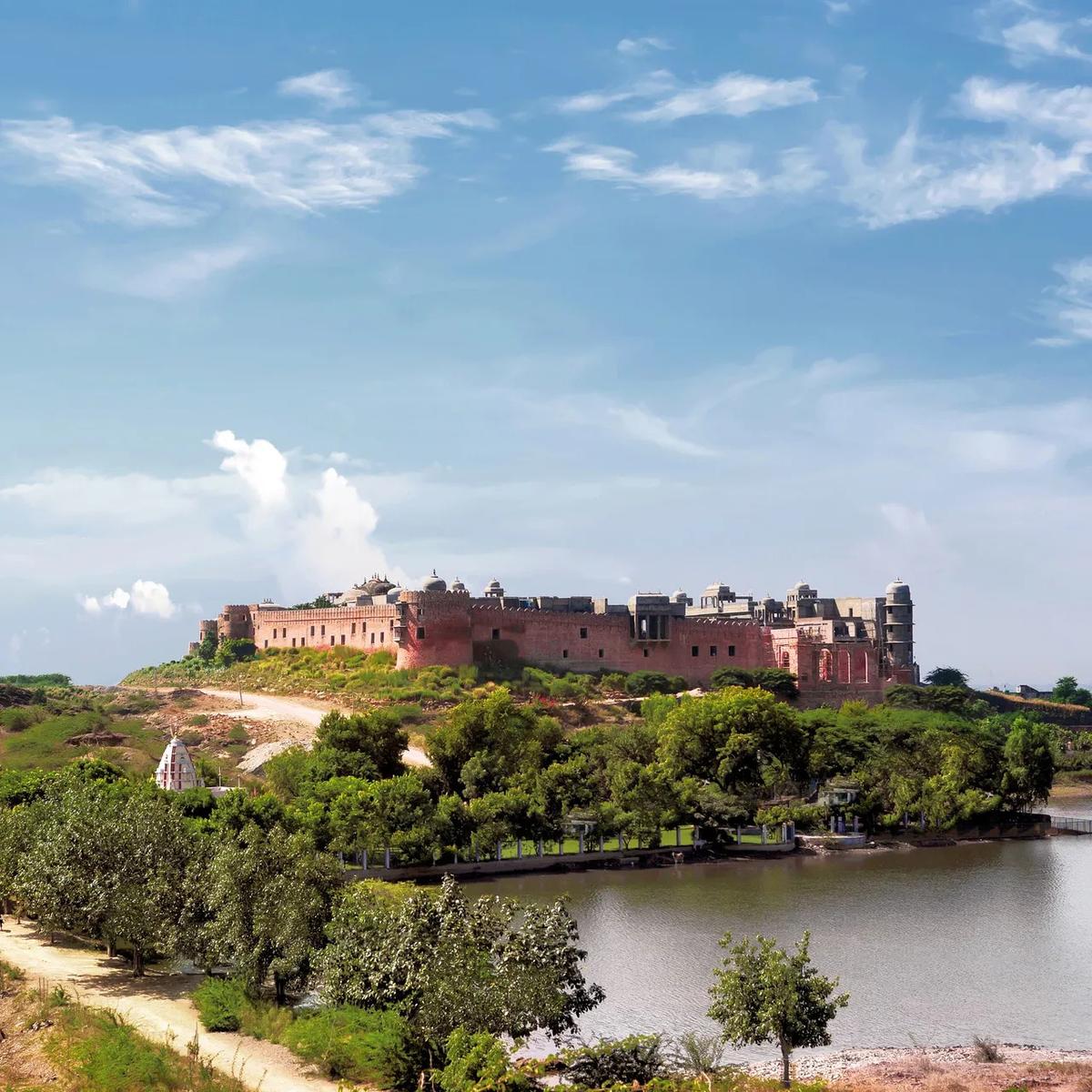
The resort’s ethos of mindful luxury has not gone unnoticed. In 2025, Six Senses Fort Barwara was awarded Two MICHELIN Keys, a new distinction recognising hotels that demonstrate exceptional character, service and sustainability. The honour places it among India’s most thoughtfully run properties.
What struck me most was the scale and sincerity of intent. Six Senses does not treat sustainability as a marketing slogan — it is audited, measurable and ingrained. At Fort Barwara, it translates into seasonal eating, respectful village engagement, and a style of restoration that honours the past while sustaining the present.
I left Barwara with the sense that slowness isn’t about doing less, it is about doing things with care. About knowing where your food grows, who makes your meal, and how every pause adds something back to the place you’re privileged to visit.
The writer travelled to Six Senses Fort Barwara at the invitation of TealFeel.
Published – November 07, 2025 05:15 pm IST
